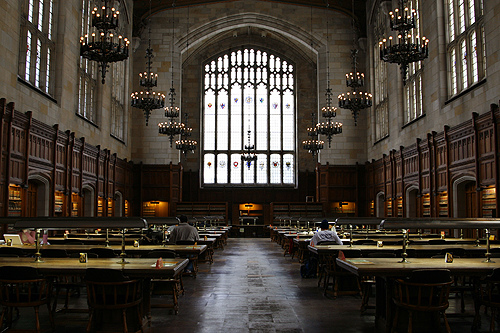 Minnesota probate law and procedures govern how the probate process is conducted within the state.
Minnesota probate law and procedures govern how the probate process is conducted within the state.
Below, I’ll provide an overview of some key aspects of Minnesota probate law and procedures:
- Jurisdiction: Probate matters in Minnesota are typically handled by the district court in the county where the decedent resided at the time of their death. If the decedent owned real estate in multiple counties, ancillary probate proceedings may be necessary in those counties.
- Types of Probate: Minnesota offers two primary types of probate processes: formal probate and informal probate.
- Formal Probate: This process is used when there are disputes or complexities in the estate administration. It involves court hearings, notices, and greater court supervision.
- Informal Probate: Informal probate is a simplified process used when the estate is relatively straightforward and uncontested. It requires less court involvement and is often quicker and less expensive.
- Executor/Administrator: The person named in the decedent’s will to administer the estate is called the “executor.” If there is no will or no named executor, the court will appoint an “administrator” to fulfill this role.
- Inventory and Appraisal: The executor or administrator is required to prepare an inventory and appraisal of the decedent’s assets within three months of being appointed. This document is used to value the estate’s assets.
- Notice to Creditors and Interested Parties: The executor or administrator must provide notice to creditors and interested parties. Creditors have a specific time frame in which to make claims against the estate.
- Family Allowance: Minnesota law allows for a family allowance to be paid from the estate to support the decedent’s surviving spouse and minor children during the probate process.
- Spousal Elective Share: Minnesota law grants a surviving spouse the right to claim an elective share of the estate in certain situations, even if the will does not provide for it.
- Homestead Rights: Minnesota law grants a surviving spouse and dependent children certain homestead rights, allowing them to occupy and use the family home.
- Small Estate Affidavit: Minnesota provides a simplified procedure for small estates with a total value of $75,000 or less. In such cases, heirs can use a small estate affidavit to collect assets without going through formal probate.
- Dispute Resolution: Disputes among heirs, beneficiaries, or creditors are typically resolved through the court system. This may involve litigation to address will contests or disputes over asset distribution.
- Estate Taxes: Minnesota has its own estate tax system, separate from the federal estate tax. The threshold for Minnesota estate tax is lower than the federal threshold, and the tax rates are progressive.
- Probate Fees: The fees associated with probate in Minnesota can vary based on the size and complexity of the estate, as well as the chosen probate process (formal or informal).
It’s essential to consult with an attorney experienced in Minnesota probate law and procedures when navigating the probate process, especially if the estate is complex or if disputes arise. An attorney can provide guidance on the specific steps and requirements for your situation, ensuring that you comply with all relevant laws and regulations.
Minnesota Probate law and Procedures Lawyer
Please contact Joseph M. Flanders at Flanders Law Firm LLC for your free initial consultation about beginning a Minnesota probate. Every estate is different and Mr. Flanders can expertly guide your through the process. Call today for your free initial consultation at: 612-424-0398.




3 thoughts on “Minnesota Probate Law and Procedures”